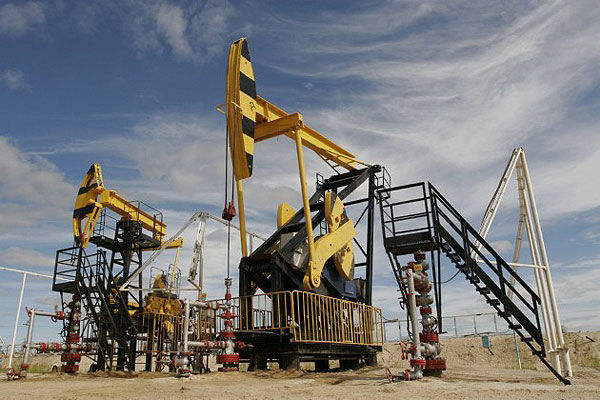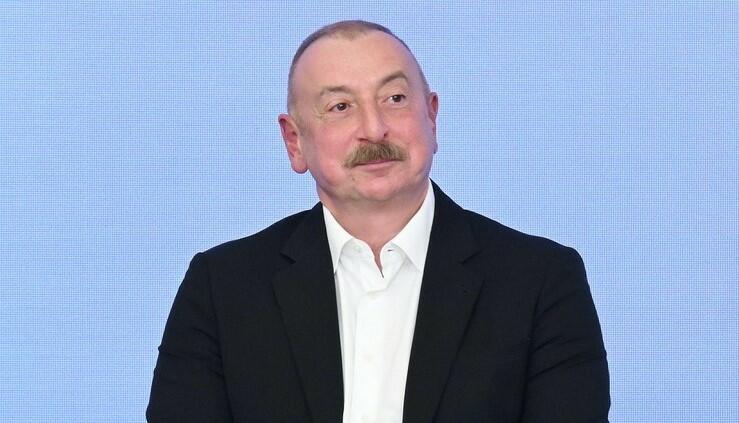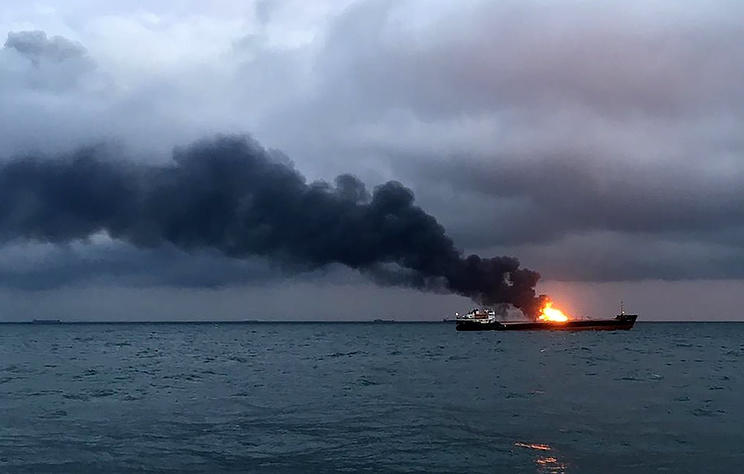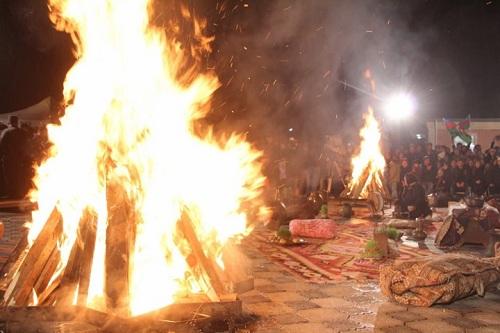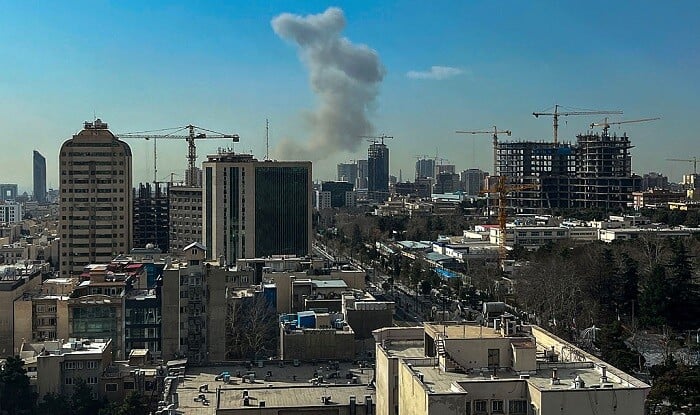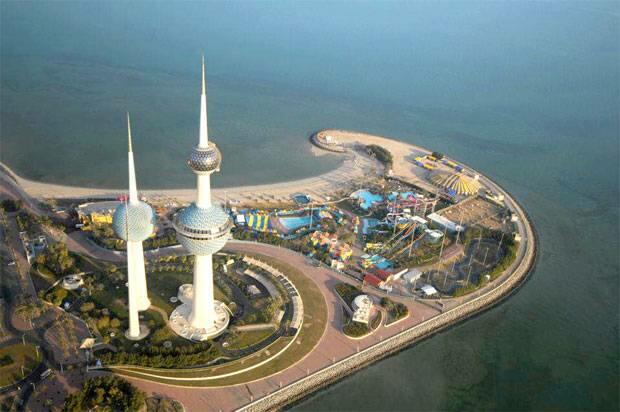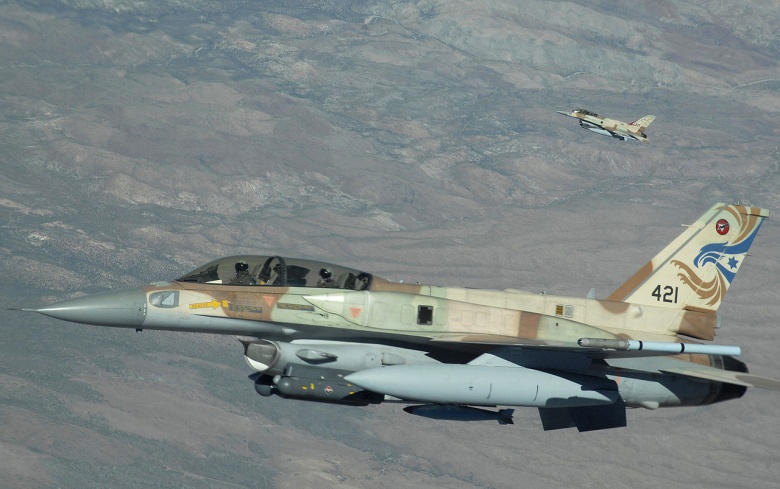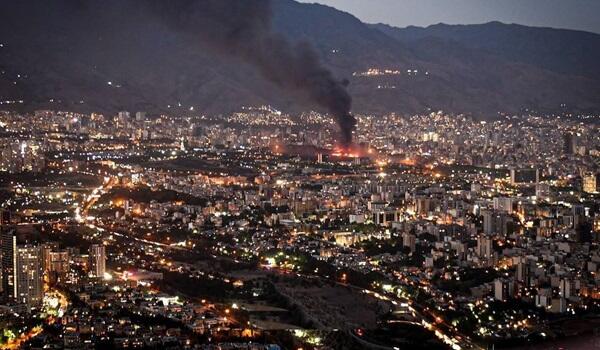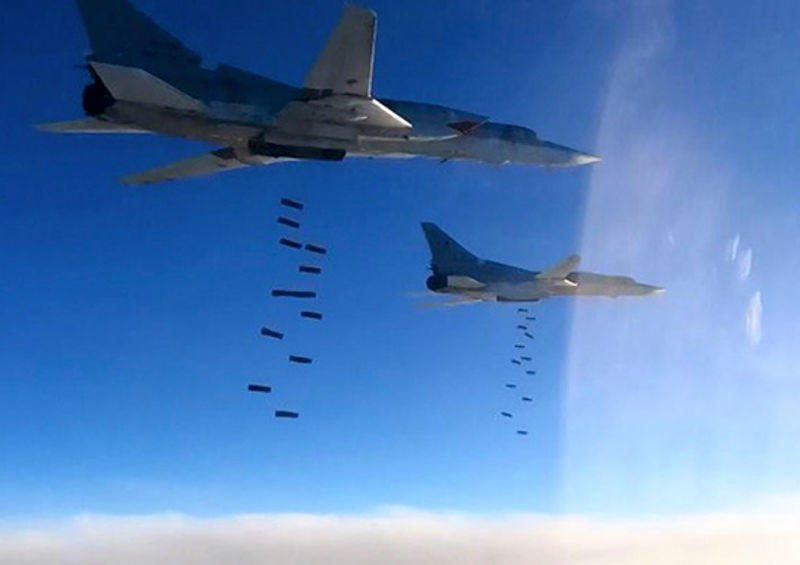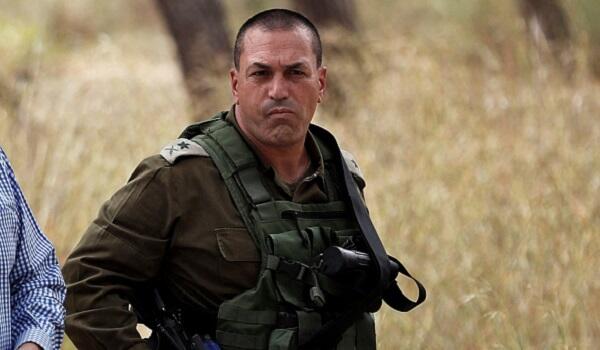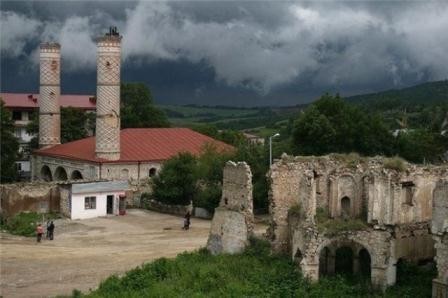It’s too early to talk about deploying peacekeepers in Nagorno-Karabakh, Alexei Pavlovsky, Director of the Fourth Commonwealth of Independent States (CIS) Department at the Ministry of Foreign Affairs of Russia, told Armenian reporters in Moscow.
Peacekeepers may be deployed in Nagorno-Karabakh at the initial stage once an agreement on the conflict is reached, according to him.
“There is no need to rush forward about this matter, but we need to go back to it in accordance with its actuality,” he said.
Pavlovksy went on to say that the possibility of deploying peacekeepers in Nagorno-Karabakh can be seen on the regulation schemes on the negotiation table, starting from the Madrid principles.
He noted that the foremost issue is to support the fundamental idea that there is no military solution to the Nagorno-Karabakh conflict.
“This idea is doubted, sometimes rhetorically, sometimes practically. Russia and the other co-chair countries should confirm their position on paper once and for all that the agreements reached in 1994-1995 remain fundamental for continuing the ceasefire and peace process,” he said.
Pavlovsky then touched on the issue of Nagorno-Karabakh separatists participating in the negotiation process as a party, noting that Armenia has made no official statement on the “NKR” participating in the negotiations.
“No one has made such a proposal officially,” he stressed.
The Nagorno-Karabakh conflict entered its modern phase when the Armenian SRR made territorial claims against the Azerbaijani SSR in 1988.
A fierce war broke out between Azerbaijan and Armenia over the Nagorno-Karabakh region of Azerbaijan. As a result of the war, Armenian armed forces occupied some 20 percent of Azerbaijani territory which includes Nagorno-Karabakh and seven adjacent districts (Lachin, Kalbajar, Aghdam, Fuzuli, Jabrayil, Gubadli and Zangilan), and over a million Azerbaijanis became refugees and internally displaced people.
The military operations finally came to an end when Azerbaijan and Armenia signed a ceasefire agreement in Bishkek in 1994.
Dealing with the settlement of the Nagorno-Karabakh conflict is the OSCE Minsk Group, which was created after the meeting of the OSCE Ministerial Council in Helsinki on 24 March 1992. The Group’s members include Azerbaijan, Armenia, Russia, the United States, France, Italy, Germany, Turkey, Belarus, Finland and Sweden.
Besides, the OSCE Minsk Group has a co-chairmanship institution, comprised of Russian, US and French co-chairs, which began operating in 1996.
Resolutions 822, 853, 874 and 884 of the UN Security Council, which were passed in short intervals in 1993, and other resolutions adopted by the UN General Assembly, PACE, OSCE, OIC, and other organizations require Armenia to unconditionally withdraw its troops from Nagorno-Karabakh.
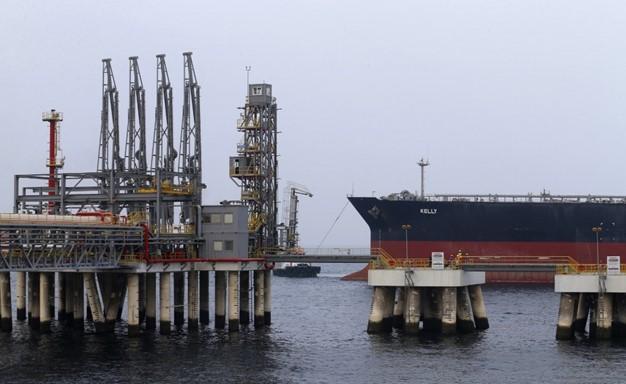

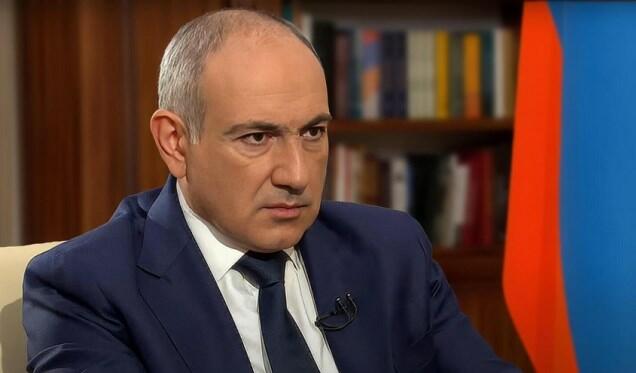
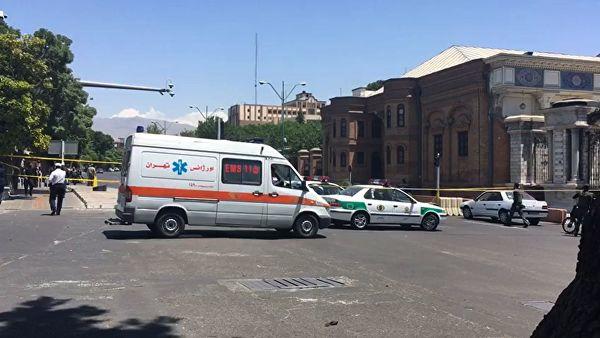
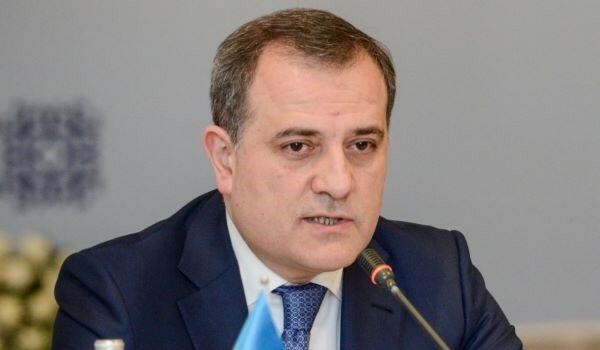
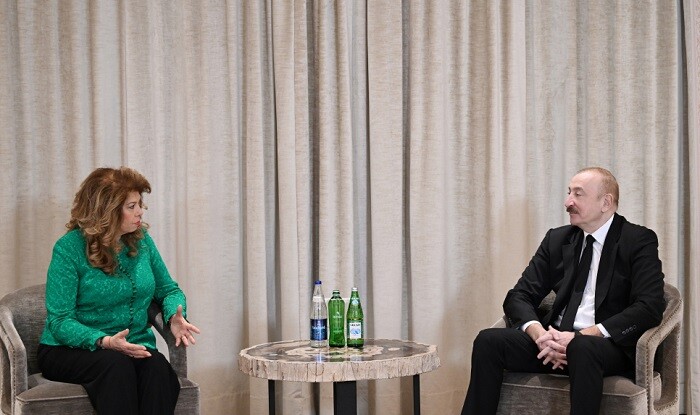
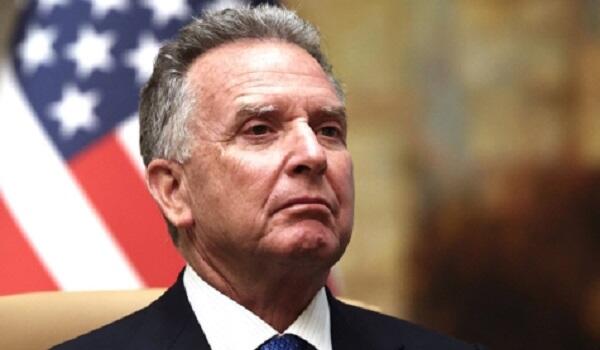
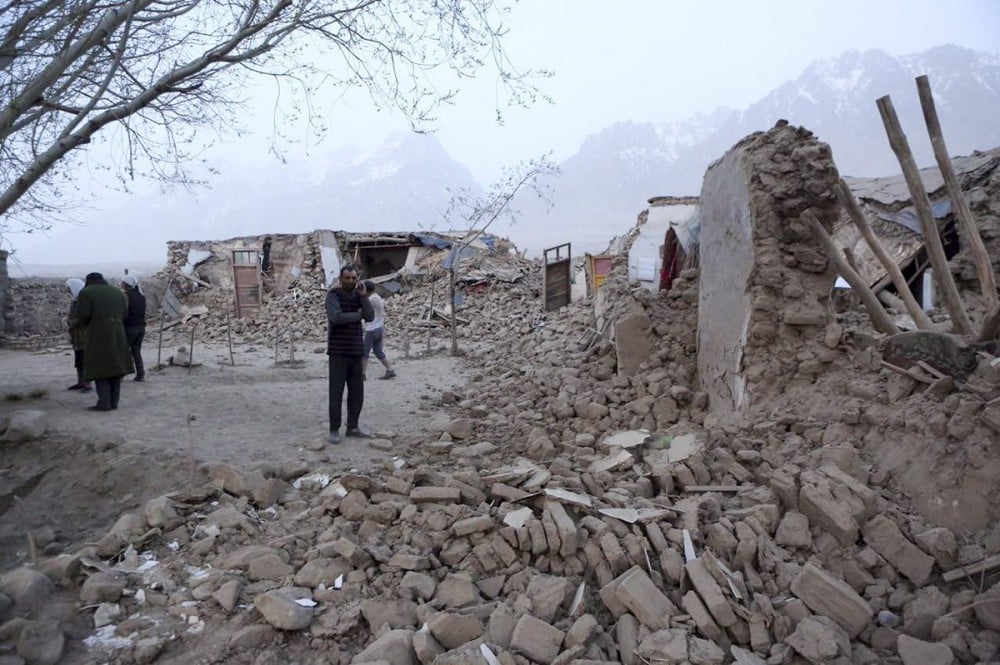
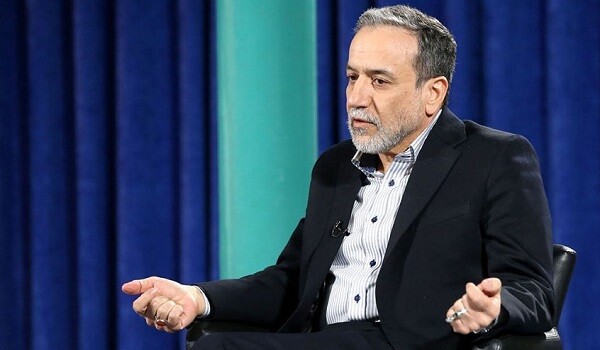
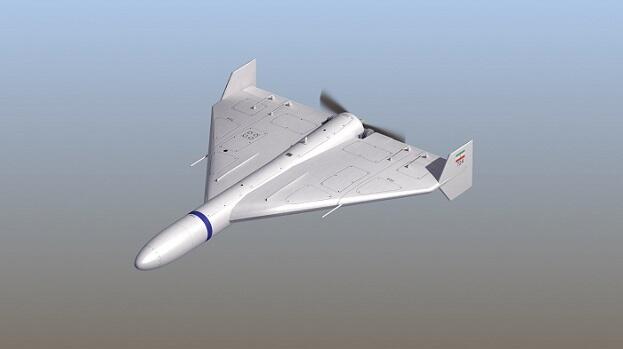
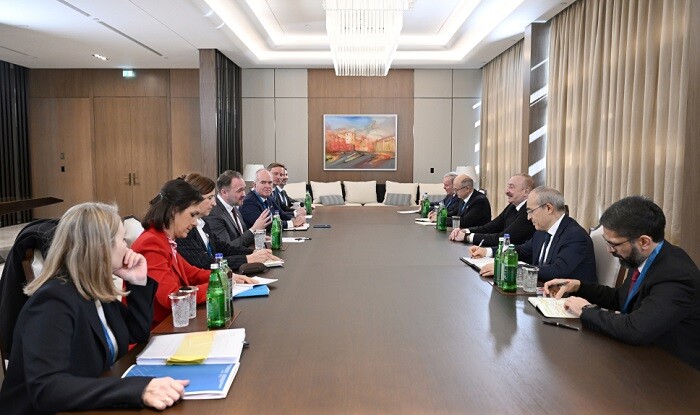
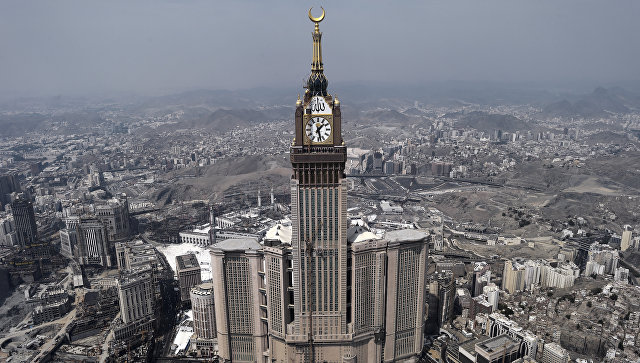
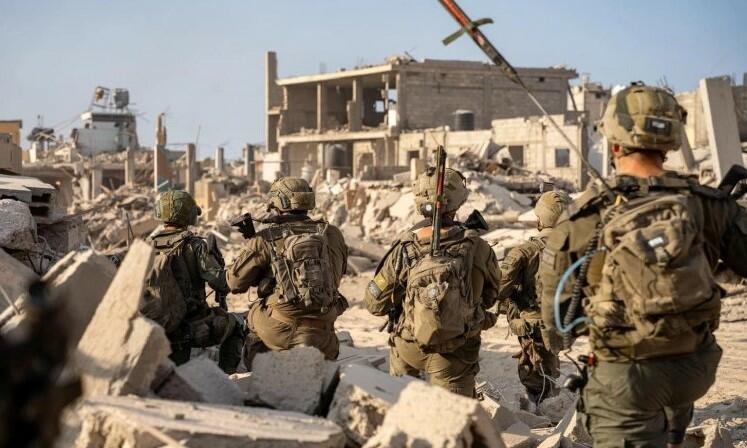
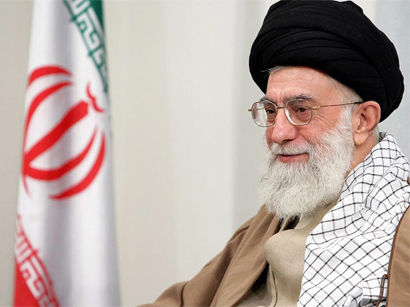
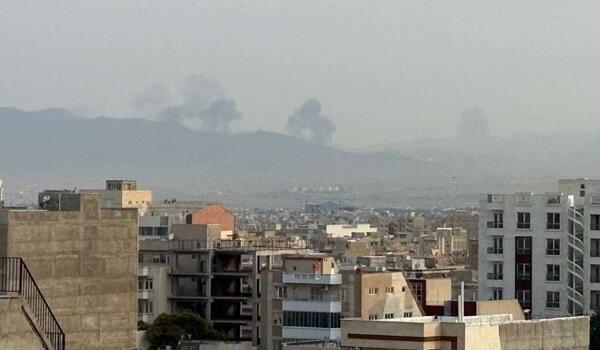
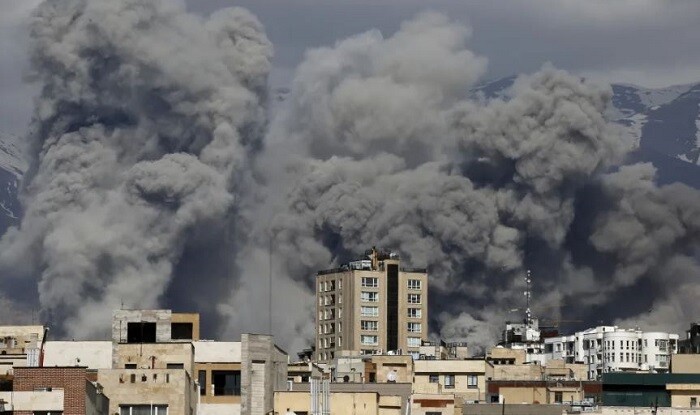
.jpg)
